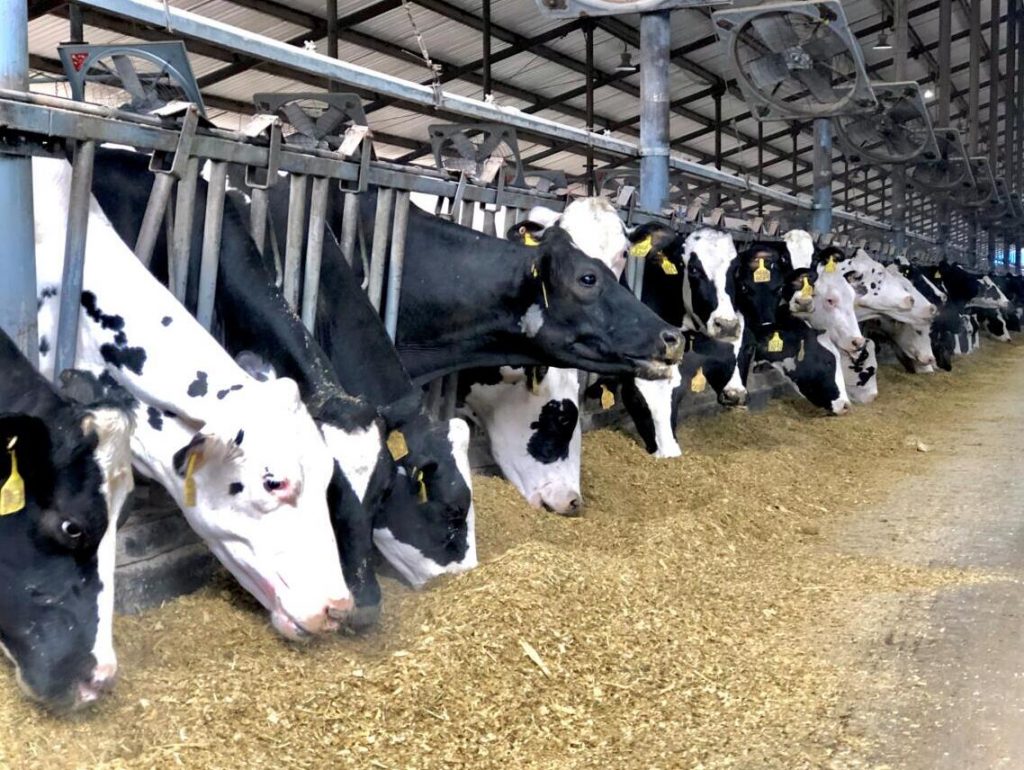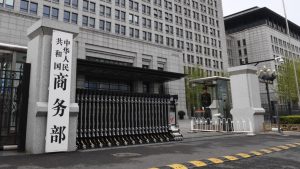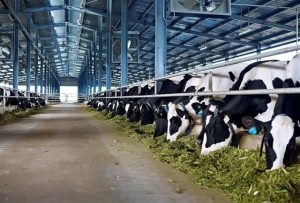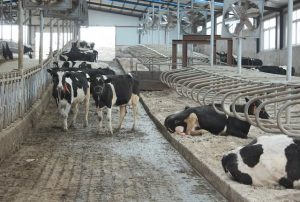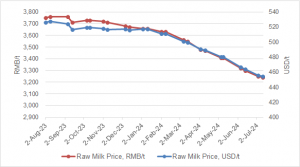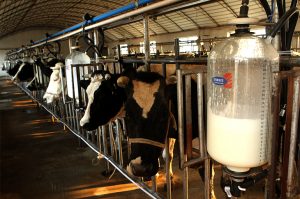
A team of scientists from the Kunming Institute of Botany, Chinese Academy of Sciences (KIB/CAS) and Institute of Animal Science in China, Chinese Academy of Agricultural Sciences (IAS/CAAS) carried out the study, which was recently published in the journal Climatic Change entitled “Will heat stress take its toll on milk production in China?”
The research evaluated the potential impacts of climate change on China’s expanding dairy industries, extrapolating into the mid-21st century.
Dr. BU Dengpan, a scientist at IAS/CAAS and expert on animal nutrition, said about these impacts that “there are still some regional and seasonal imbalances in the supply of dairy cattle and raw milk in China. Because of summer heat stress from July to September each year, yield from dairy cows and production of raw milk are both generally reduced.”
The dairy industry is critical to supporting peoples’ livelihoods and is an important sector in China’s economy.
China, one of the world’s major economies, has witnessed significant growth in the dairy industry, driven by economic, social, and political factors, such as policy aimed at promoting dairy products to prevent malnutrition.
Since China has become one of the largest consumers and importers of milk and other dairy products, losses in milk production could have significant ramifications for the global dairy market.
According to the lead author Dr. Sailesh Ranjitkar, a scientist at KIB/CAS, “We sought to develop a statistical model to describe milk production in relation to heat stress while identifying geographical locations where heat stress could have significant damaging effects on milk production.”
“Planners, managers and promoters need to consider climatic issues for the proper management of existing cow farms and before developing new farms in new regions.” Ranjitkar and his colleagues developed the monthly temperature-humidity index (THI) to identity heat stress issues and their relationship to milk production.
They also considered future shifts in THI to calculate the effects of climate change on milk production. The results suggested that milk yield losses are projected to increase between 1.5 to 6.5kg in 2050 and 2 to 7.2kg in 2070 (representing production losses of up to 50 percent between now and 2070).
Because of this, the authors argue that climate change will have significant consequences for the dairy sector in major milk-producing areas of China, and advocate using study results in “identifying areas susceptible to heat stress where adaptive livestock management practices are needed to prevent significant production decreases.”
